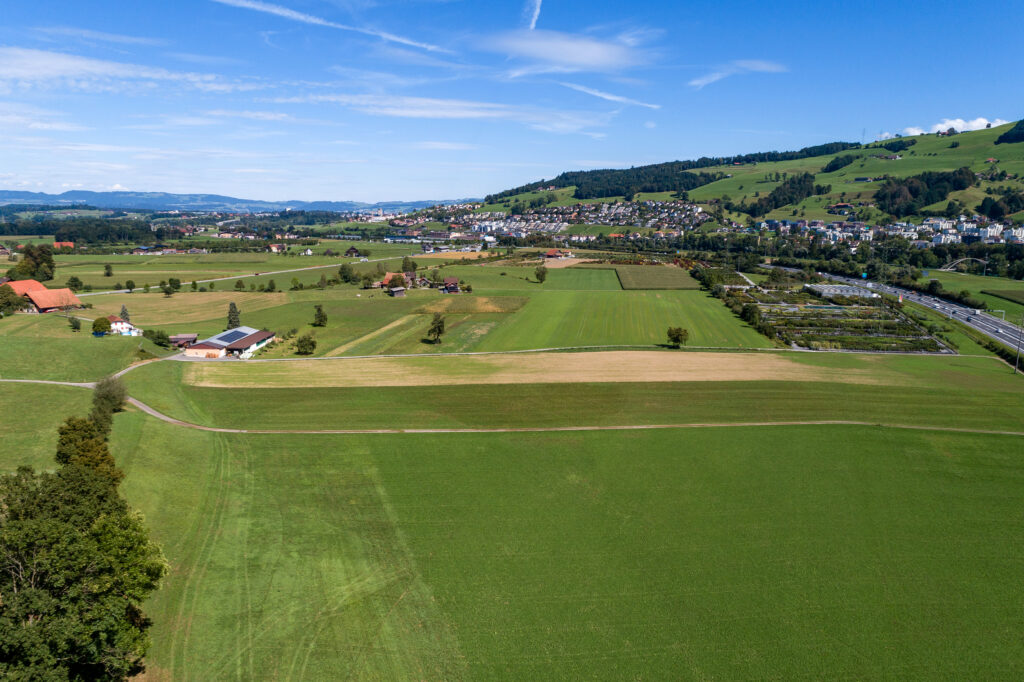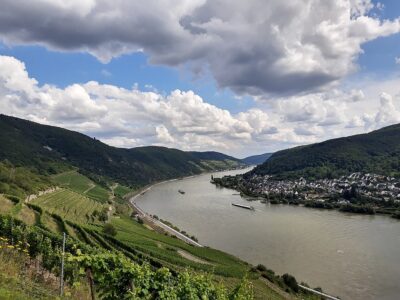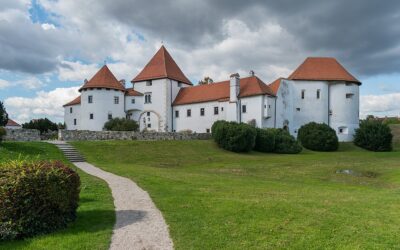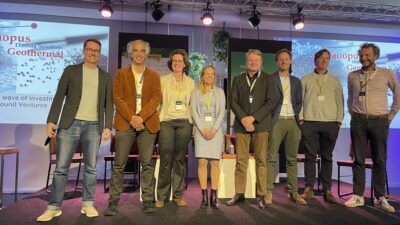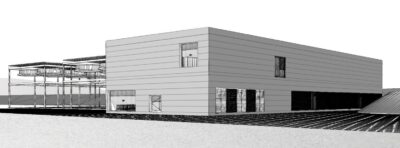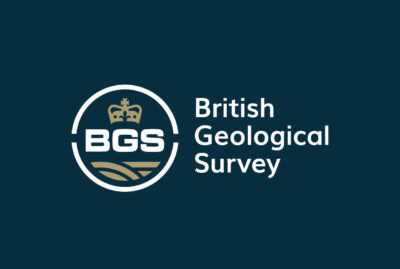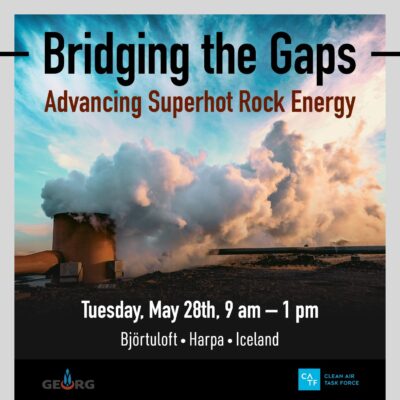CKW plans geothermal development in Lucerne, Switzerland
Swiss electricity company CKW is exploring a potential geothermal heat and power production site in the municipality of Inwil in Lucerne, Switzerland.
Power generation and distribution company CKW AG has announced plans to explore for and potentially develop a geothermal heat and power facility in the canton of Lucerne in Switzerland.
Project details
The project will likely be implemented in the municipality of Inwil along the A14 motorway. Geothermal development in this site is supported by the results of a feasibility study conducted in 2021, citing the Inwil/Perlen region as having very good geological conditions for a geothermal project. Water at 140°C is expected at 4000 to 4500 meters depth, sufficient for power generation for around 4,000 households or heat supply for around 6,500 households.
The A14 motorway location is also ideal because of its proximity to the Renergia waste incineration plant. This means that district heating networks already run from this location and extend to Zug and Lucerne. Electricity generated from the future geothermal facility can also be fed into CKW’s medium-voltage network.
CKW assumes that the planning, approval, and implementation phase will take around six years and expects investments of around 70 million francs. The federal government supports geothermal energy projects because they provide valuable winter energy or band energy. The cantonal authorities are currently conducting preliminary clarifications for the approval and licensing process.
CKW will be holding a public information event in the Möösli community center in Inwil on 23 October 2023, so that the local community can obtain first-hand information from the developer.
Drilling plan
The target formation for geothermal production will be a shell limestone layer at a depth of around 3750 meters. This same formation has been used successfully for geothermal power production in Riehen and Schlattingen. Similar geology has been observed in geothermal reservoirs in Germany, which similarly have been used for heat and power production.

The targeted formation is suitable for as a geothermal reservoir because of its naturally high porosity. If, contrary to expectations, sufficient usable thermal water cannot be found in the desired target formation, there are tried and tested ways to increase the water permeability in the limestone.
Test drilling to the target depth will still be needed to verify the existing knowledge on the geology of the Inwil area. If the test borehole is successful, the drilling programmed can be expanded to a second borehole.
Towards energy diversification and security
CKW acknowledges that there is too little electricity and heat that is currently being produced from non-fossil sources in Switzerland. This has resulted in increasing dependency on foreign countries for fuel supply, particularly during the winter. CKW is convinced that Switzerland’s future electricity and heat supply can only be secured with broad diversification with climate-friendly technologies.
“The technologies are there. We want to invest in security of supply and drive expansion,” says Martin Schwab, CEO of CKW. The Swiss company believes that geothermal can an important element in the mix of a reliably energy supply, especially for security of supply in winter.
Source: CKW
